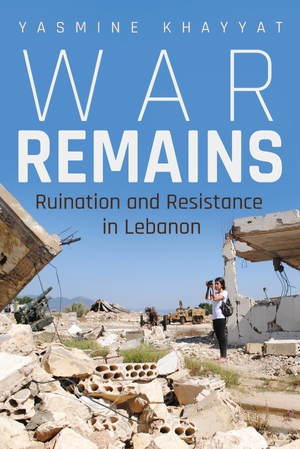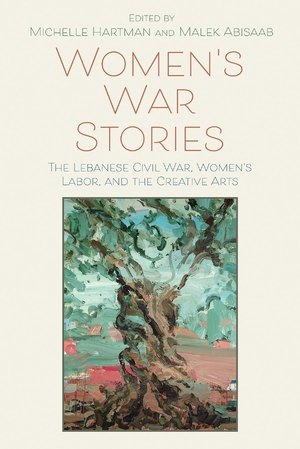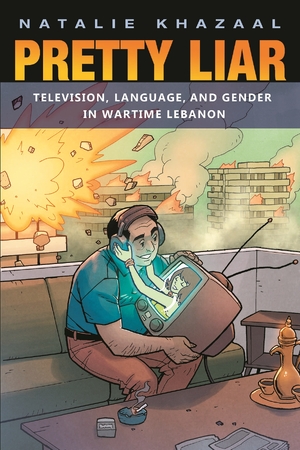"Khayyat’s monograph is refreshing in its unorthodox and cross-disciplinary choice of objects and methodological approach. Indeed, such an approach is necessary for thinking with and about a geopolitical region as palimpsestic and dynamic as southern Lebanon.."—International Journal of Middle East Studies
"For anyone working in Lebanese literature, history, and ruination in general, this book should be required reading."—Journal of Arabic Literature
"War Remains gives us a rich and generous template to think, engage, and build on as we continue the collective task of trying to understand and distill the complexity of Lebanon’s modern history, its ongoing cultural production, and its place in the world."—Middle Eastern Literautes
"We need this book…It is cutting edge in its theorization and deftly multilayered approach to thinking through (and indeed in resistance to) ruins, while at the same time being accessible to undergraduates and the broader intellectual community outside of the academy."—Elizabeth M. Holt, Bard College
"This is a groundbreaking book that will change the way we understand literature and war in Lebanon and beyond. It approaches memory both as a psychological condition and a comparative practice, bringing together the atlal of classical poetry and the ruins of war-torn Lebanon and showing how they shape and are shaped by one another."—Tarek El-Ariss, Dartmouth College
"Bold, compelling, and accessible, this powerful book will be a significant source for anthropology, ethnology, and Middle Eastern studies, as well as literature."—Choice
Description
War Remains traces the poetics of ruination and resistance in select contemporary Lebanese wartime literature, cultural production, and sites of memory. Drawing upon work from southern Lebanon and Beirut, Khayyat examines how war remains are employed as a resistant trope in the intellectual spaces of war’s aftermath. She focuses on “Southern Counterpublics,” a collective of poets, novelists, activists, artists, and ordinary citizens and their war-inspired creative productions that speak to the ruins’ capacity to be reframed, recycled, and recontested. Khayyat argues that the ruins of war can be thought of as a generative milieu for resistant thought and action. An ambitious and provocative work, War Remains ventures to the so-called margins to archive the texture and substance rendered invisible when studies of memory rely solely on data furnished by official narratives and military accounts of war.
Table of Contents
Introduction: Ruins That Matter
Part One. Domestic Detritus
1. Shu‘arā’ al-Janūb: The Poetics and Politics of South Lebanon’s Ruinscapes
2. Haunted by Home in Wartime and Postwar Lebanese Fiction
Part Two. Resistant Ruins
3. Khirbet Khiam: Ruin as Memorial, Memorial as Ruin
4. Curating Resistance: On the Mleeta Resistance Tourist Landmark
Part Three. The People’s Right to the Ruin
5. Toward an Archive of Unintended Detritus
6. Revolutionary Ruins
Conclusion: Return to Ruin—on Planetary Pandemics and Explosions
Notes
Bibliography
Index
About the Author
Yasmine Khayyat is assistant professor of Arabic Language and Literature at Rutgers University.
May 2023




